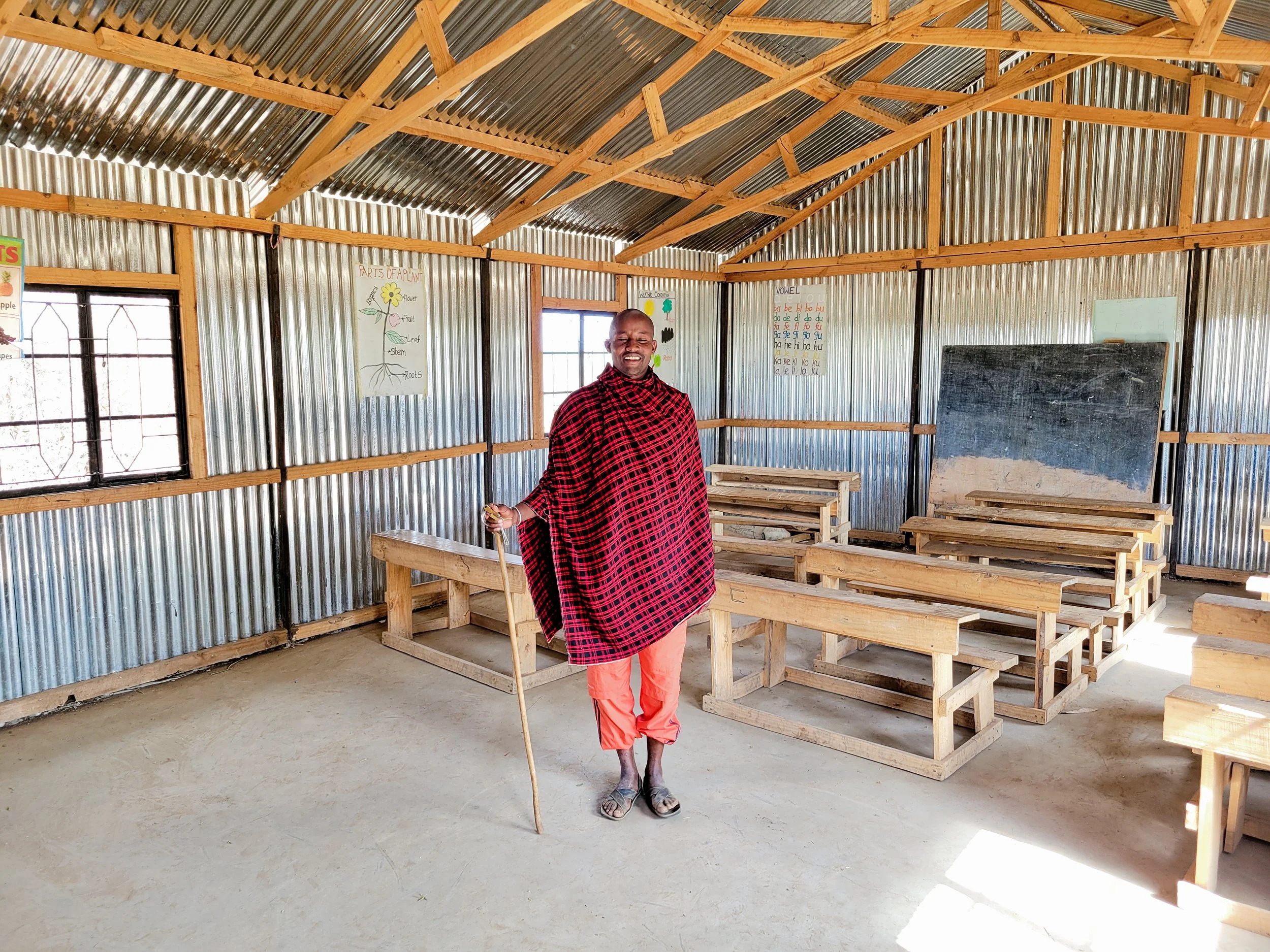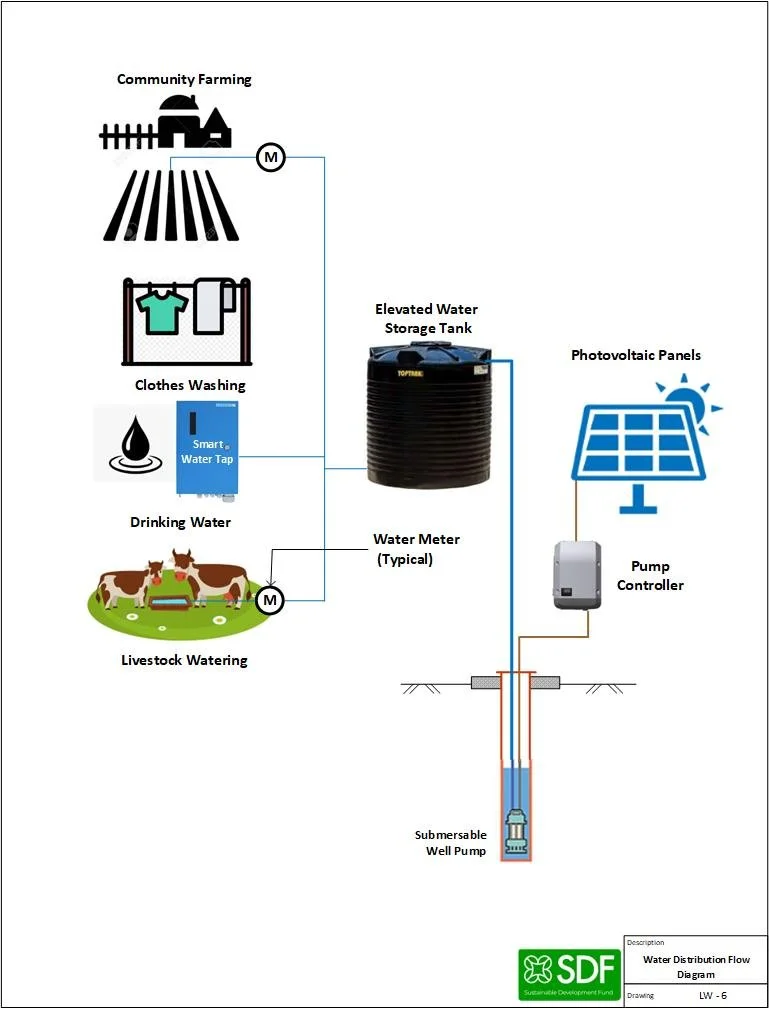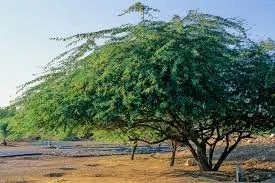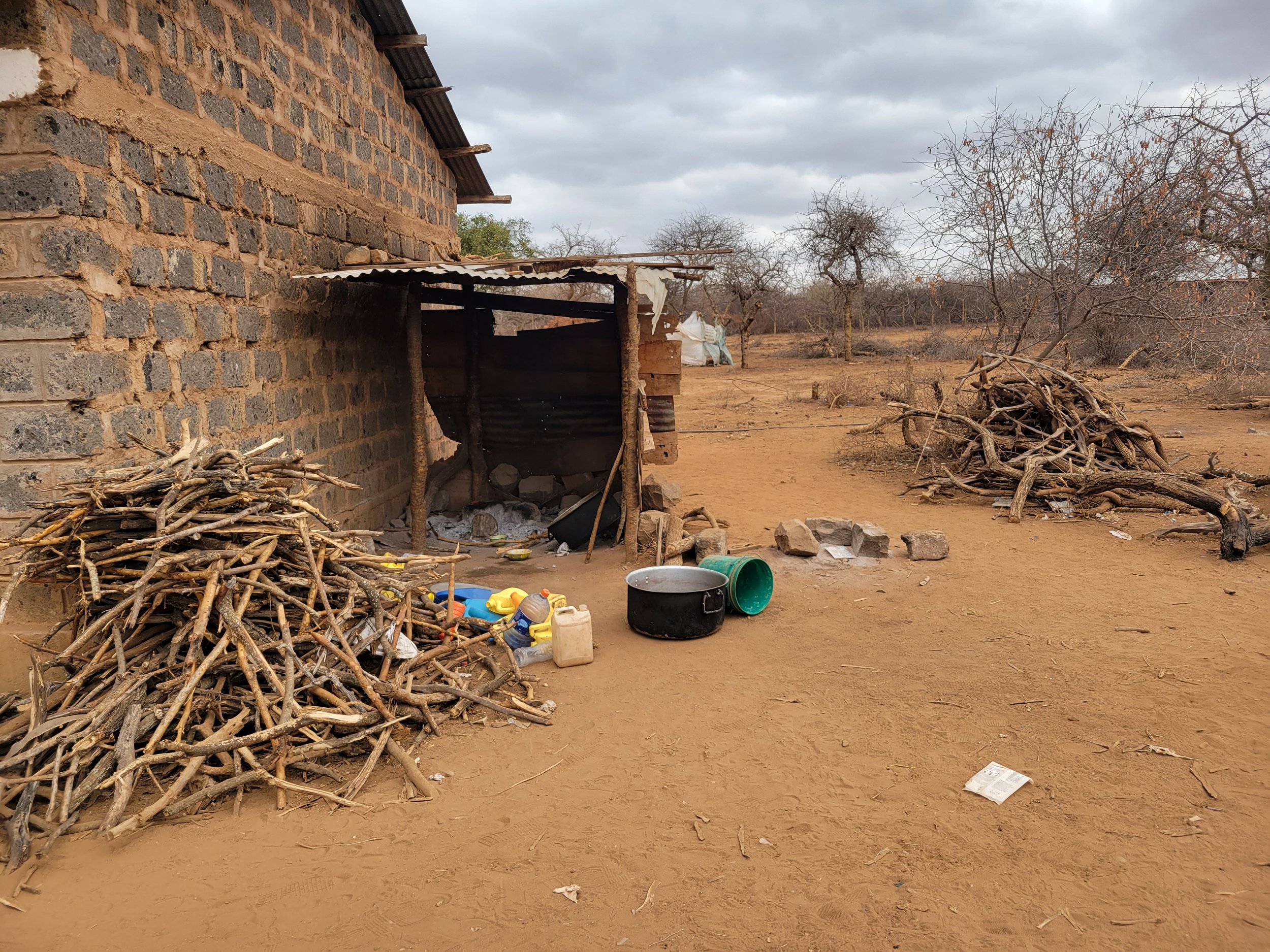
Up to 235 meals are served here daily!

Osewan Community - Children Football Team

Typical Maasai Manyatta - near Zion Baptist Church

Painting the Osewan ECD School
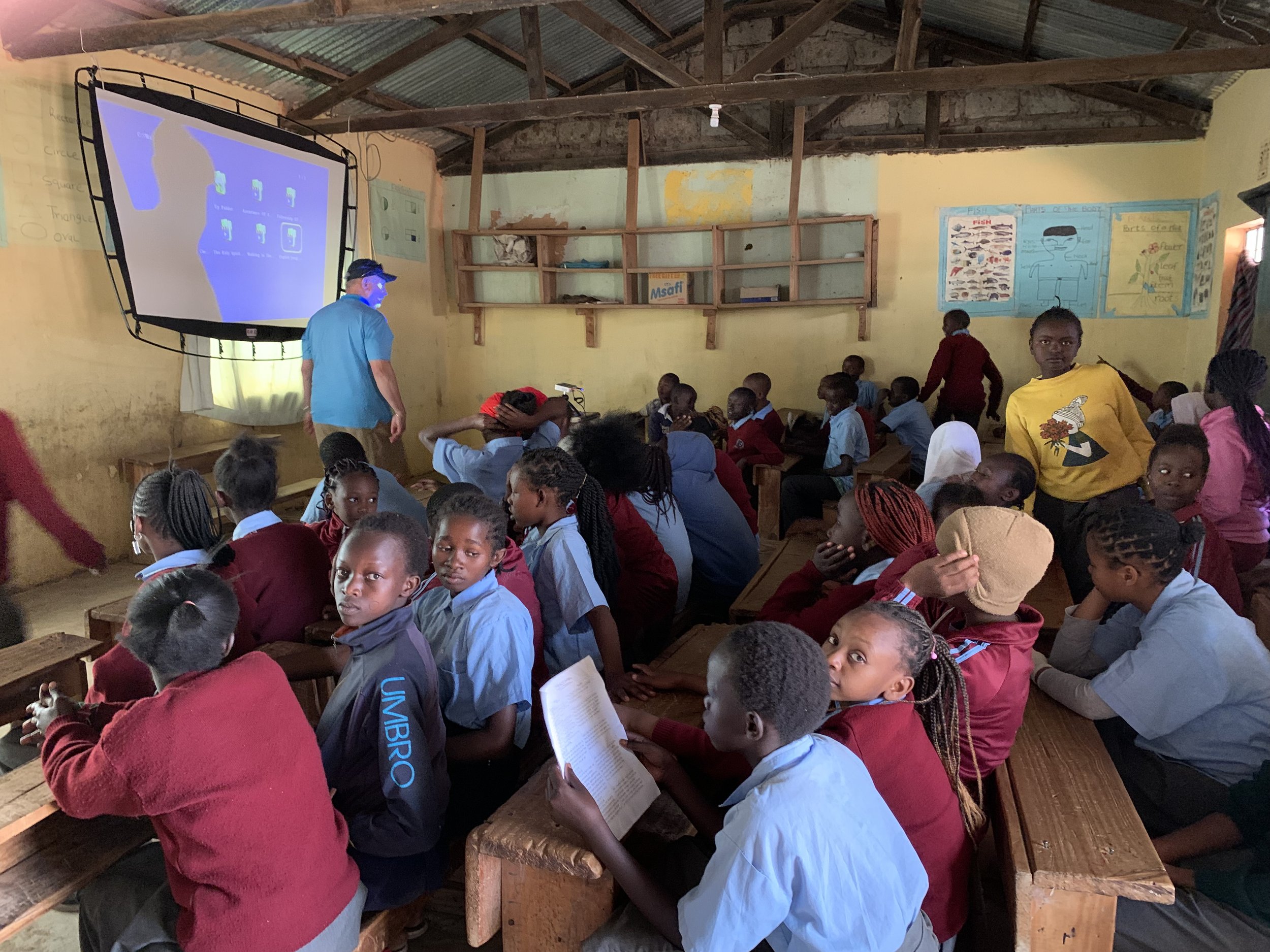
Jesus Film Discussion at the Engaboli Primary - Secondary School

Kwoncok School near Madi Opei, Uganda -soon to be the Kwoncok Eco-school
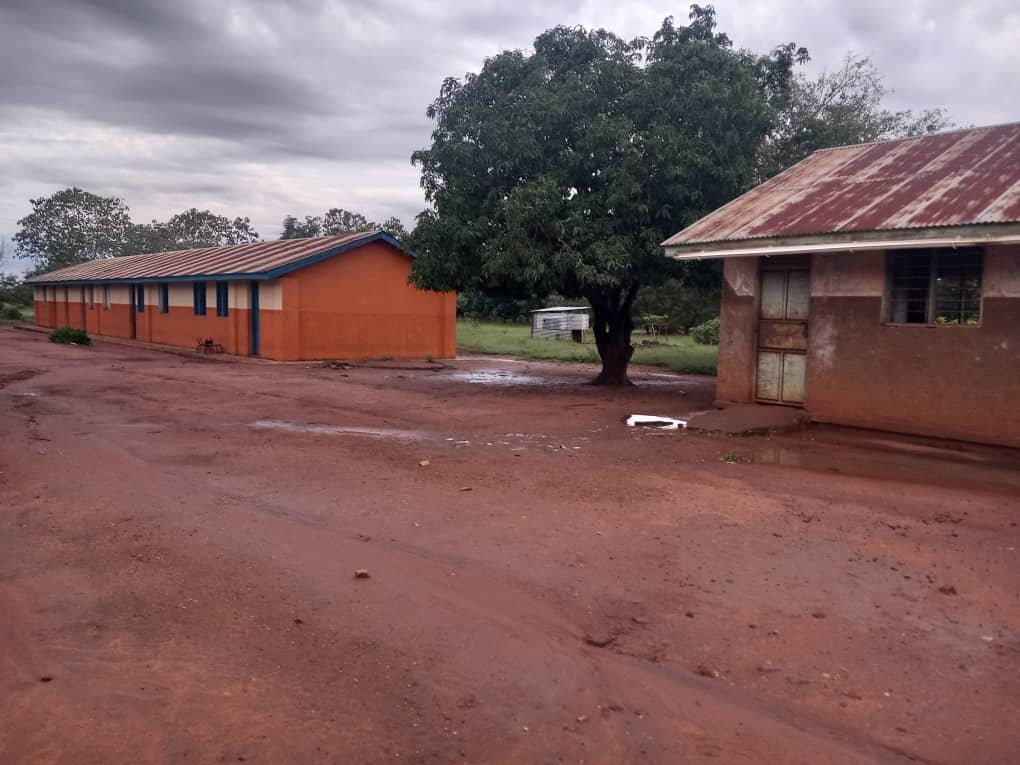
2 of 4 School Buildings at the Kwoncok Primary School, Madi Opei, Uganda
Kwoncok Eco-school Program, Madi Opei, Uganda
Harriet Awate (SDF) with Kwoncok School Officials
Meeting with the PTA and School Families
SDF has developed an eco-school program that is based on creating an ecology - minded school that demonstrates environmental-sustainable through all facets of daily school life. The program was developed with rural African schools in mind that typical have minimal to no energy, water, food production and sanitation infrastructures. The Kwoncok primary school, located west of Madi Opei, Uganda, was selected as a pilot site.
The intention of the program is to incorporate all the installed technologies into the teaching curriculums so that the students will eventually learn the STEM aspects of why these technologies exist, why they are appropriate for their community and the restoration of their local ecosystems. The students will also be instructed on God’s plan for creation and the importance of their role as creation caretakers.
The eco-school program also includes the construction of initial buildings for a Secondary School, security provisions (compound wall and electronic surveillance), an eLearning platform (the Village Intranet) and a Community Resource Center for vocational training and ecosystem education.
A Eco-school template has been created for Kenya that allows for the scope to be customized for specific needs and rural locations. Contact SDF at info@susdev.fund for a copy to review and possibly use
SDF developed a business plan to support the start-up of small, decentralized micro-businesses to responsibly harvest Prosopis Juliflora (PJ) (a.k.a. - Mathenge) as a means of creating biochar, green charcoal, wood vinegar and mesquite wood pellets. The responsible harvesting of PJ is necessary for the areas harvested to be either repurposed and restored as pasture land and / or farmland while maintaining a PJ forest for harvesting. The harvesting of the PJ will be done in cooperation with the local pastoralist communities, local county governments and utilize geospatial information systems, drone and satellite surveillance systems to determine densities and locations of invasive species and terrain contours to address rain run-off for erosion control and water reclamation.
SDF is serving on the board of advisors for start-up company, Ubuntu Farms (UF). UF has received permission from Garissa County, Uganda to harvest 500 acres of land over-run by PJ as a pilot project. UF has developed a plan to restore the land to farm, pasture land and managed PJ forest. Agreements are in place to extend this concept to thousands of hectares of Garissa County land
Osewan Village, Sustainable Resource Center (SRC), Kajiado County, Kenya
Osewan ECD School Classroom
Phase 1 SRC Water Project
Prosopis Juliflora Micro-business Consulting and Regenerative Farming
Oloolaroi village and school sustainable resource center (SRC), Kajiado county, kenya
School children’s attempt to construct a chicken coop.
The Sustainable Development Fund (SDF) has partnered with the Rotary Clubs of Western Henrico and Kitengela to construct a multi-phased community empowerment project that will address, water, sanitation, basic education and literacy (BEL), community economic development (CED) and numerous environmental sustainability improvements.
Phase 1 of the the SRC will consist of a solar powered borehole serving a 20k Liter elevated storage tank, provisions for phase 2 water needs, livestock watering troughs, water distribution kiosks, cloth washing area and lines, eLearning provided through the installation of village WiFi network and free eLearning material. The installed information technology equipment will use the AC power installed for the borehole pump and electrified security fence. Phase 1 will also include and a stabilized compressed earth block micro-business with a 20k block order for Phase 2 structures.
The SRC concept serves as a planning tool to help leverage the investment in water infrastructures so as to maximize its impact to village and improve their standard of living and be more climate change resiliency. The VI will serve the Osewan ECD school and the Phase 2 (2024) scope will include a Resource Training Center for adult literacy, year-round children education and regenerative agriculture training.
The Oloolarroi village and school is located on the Tanzania border between Namanga and the Amboseli National Game Reserve. The school serves 229 children and provides early education (ECD), primary and secondary education. The school is unable to provide the Kenya school competency based curriculum (CBC) required farming education due to a lack of water. Currently water must be purchased from a private borehole or is trucked in from Namanga. Due to the extreme drought that southern Kenya has experienced for 3 years, the school provided lunch is the only meal many of the children can count on. SDF is furnishing (2) demonstration rocket stoves for the school kitchen to reduce the wood consumption and teach the children about forest conservation and the importance of trees
SDF is assisting the school by providing a World Possible RACHEL (hotspot / server) to improve the school’s ability to provide eLearning. In 2024 SDF is planning to construct the first Phase of a sustainability resource center which will include a water project, urine diverting dry toilets (UDDT) for the total school population, and a small regenerative farm comprised of a greenhouse, gardens, small scale poultry, swine and dairy operation. A tree planting day will also be sponsored for the school grounds and require each child to nurture their own tree.
Prosopis Juliflora
Typical Retort Kiln used for Biochar Production



